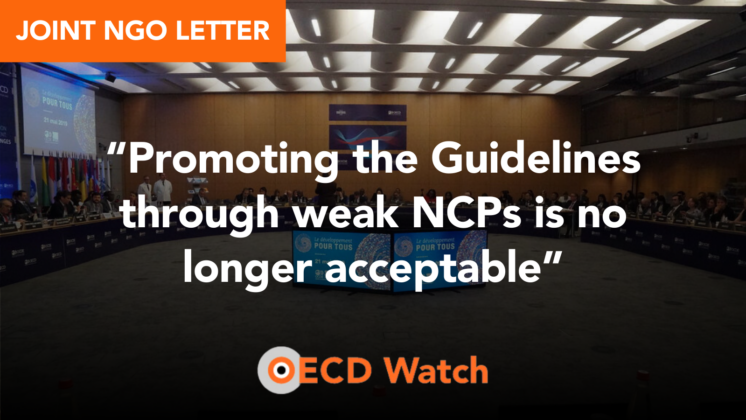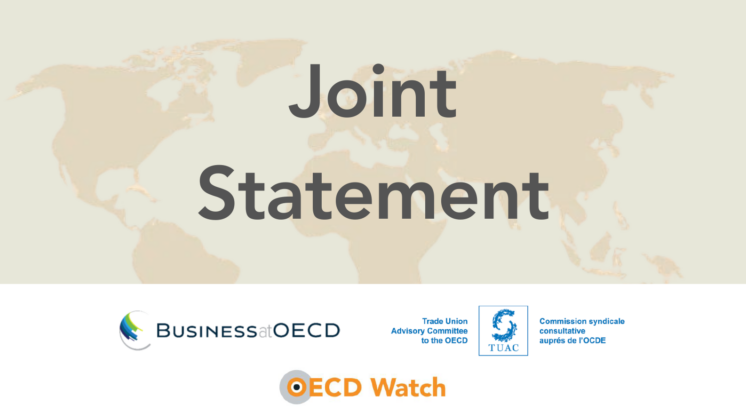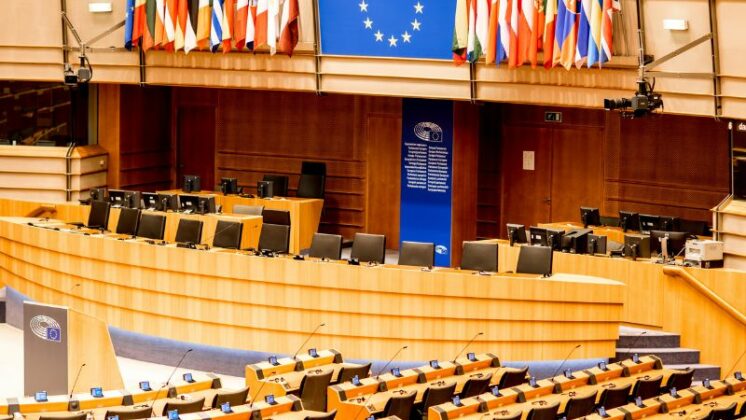
OECD Watch and partners launch research exposing
environmental and human rights governance gaps in Brazil
Keynote speakers & panelists discuss human and planetary impacts and opportunity for leverage
via Brazil’s impending OECD accession process
| Together with partners Conectas Human Rights (Conectas) and the International Federation for Human Rights (FIDH), and with support of the Centre for Research on Multinational Corporations (SOMO), OECD Watch is pleased to host an event urging the OECD to require Brazil to implement major environmental, human rights, and labour rights reforms as a pre-condition for obtaining OECD membership.
Date & Time: 22 March 2022, 2pm CET / 10am Brazil On 25 January 2022, the OECD invited Brazil and five other countries to begin accession talks to become new OECD member states. In the view of OECD Watch and its partners, Brazil is presently unfit for membership. For over a year, OECD Watch, Conectas, and FIDH – together with Brazilian and international civil society – have undertaken extensive research exposing environmental, human rights, and labour rights governance gaps in Brazil. This event will mark the launch of five research papers on gaps related to climate change & deforestation, environmental degradation, threats to indigenous peoples rights, threats to environmental and human rights defenders, and threats to labour rights. The research launch will involve discussion on the human and planetary impacts of those gaps, and the need for action by the OECD to help close them, in the following event structure:
The event is open to OECD member governments and other governments, civil society, unions, investors, businesses, and other stakeholders. About OECD WatchOECD Watch is a global network with over 130 member organisations in more than 50 countries. Founded in 2003, OECD Watch represents the voice of civil society at the OECD Investment Committee. Membership consists of a diverse range of civil society organisations – from human rights to environmental and development organisations, from grassroots groups to large, international NGOs – bound together by their commitment to ensuring that business activity contributes to sustainable development and poverty eradication, and that corporations are held accountable for their adverse impacts around the globe. About Conectas Conectas exists to preserve, implement and extend human rights. More than a non-governmental organisation, we are part of a lively and global movement that continues in the fight for equal rights. Connected via a broad network of partners, spread across Brazil and around the world, we are always available, and we participate in various decision-making debates that advance the path of human rights from the Global South perspective. We work to secure and extend the rights of all, especially the most vulnerable. We propose solutions, avert setbacks, and denounce violations to create transformations. About FIDHFIDH (International Federation for Human Rights) is an international human rights NGO federating 192 organisations from 117 countries. Since 1922, FIDH has been defending all civil, political, economic, social and cultural rights as set out in the Universal Declaration of Human Rights. FIDH acts at national, regional and international levels in support of its member and partner organisations to address human rights abuses, including ensuring corporate accountability and improve victims’ access to justice through documentation, advocacy and litigation. |















